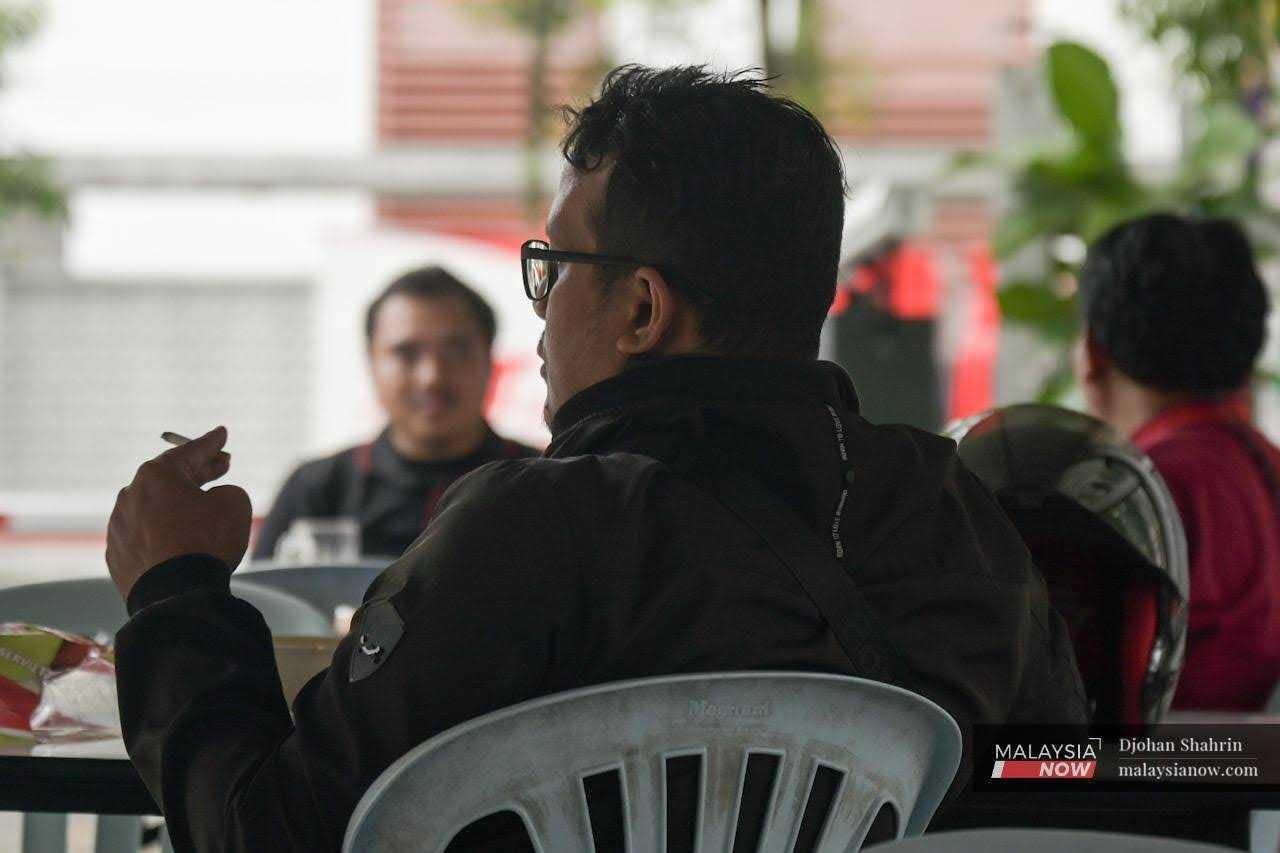Criminalise sale and supply, not possession of tobacco products, says think tank
The Galen Centre for Health and Social Policy says the objectives of the generational endgame can be realised by placing the onus on retailers, companies and corporations instead of individuals.
Just In
Think tank Galen Centre for Health and Social Policy today called for the smoking control bill to prohibit the sale or supply of tobacco or vape products to those born in 2007 onwards instead of criminalising individual possession or usage, as the bill heads for discussion by a parliamentary special select committee this week.
The Control of Tobacco Products and Smoking Bill 2022 seeks to prohibit those born on or after Jan 1, 2007 from purchasing or possessing cigarettes or vape products.
It aims to prevent the younger generation from picking up the smoking habit, and to reduce deaths caused by smoking-related diseases.
In a statement, though, Galen CEO Azrul Mohd Khalib said the objectives of the tobacco generational endgame (GEG) could be realised by putting the onus on retailers, companies and corporations to comply with prohibitions on the sale or supply of such products to those in this group.
"The legislation should ensure that it is an offence to legally sell or supply tobacco or vape products to those born from Jan 1, 2007. It should not criminalise individual possession or usage," he said.
"Despite our best efforts, in the future there will be people in the GEG group who smoke and vape, and become addicted to nicotine. Should they be punished?"
He said Clause 17 of the bill in its current form, which makes it an offence for this group to smoke, vape or possess any tobacco product, smoking substance, substitute tobacco product or smoking device, leaves them open to accusations of selective prosecution.
He said it would also lead to stigma and discrimination, and marginalise a group who would need support and assistance.
"We must prevent the possibility of this legislation disproportionately affecting young people, persons of lower income, and vulnerable populations. A person addicted to nicotine, whether a smoker or vaper, has the right to be treated equally under the law, with compassion, and dignity," he said.
"By removing Clause 17, the concerns regarding enforcement under Part IX and its implications for individual smokers and vapers such as warrantless searches, seizure of property, and access to private information can be properly focused on individual retailers, companies and corporations who sell, supply and manufacture tobacco products and vape."
Citing Malaysia's war on drug abuse, he said legal action in this area is often against addicts.
"60% of the over 69,000 prison inmates in Malaysia are minor drug offenders who have been convicted for consumption, use and possession of various narcotics such as marijuana," he said.
"Even without imprisonment, Clause 17 has the potential to create enormous harm by repeating the same mistakes made during our drug war."
Subscribe to our newsletter
To be updated with all the latest news and analyses daily.
